We are celebrating the 10-year anniversary of Debats d’Educació by giving the educational community the opportunity to air its views
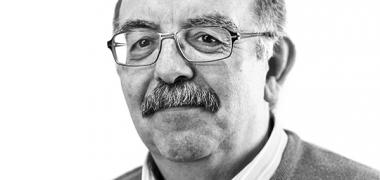
I teach language and literature at secondary level. I currently work at SI Bages Sud, in Castellbell i el Vilar, beneath Montserrat. In the past, I have held positions of responsibility related with educational innovation, university policy, ongoing teacher training, etc. I have also written text books and manuals for learning Catalan.
The three things I’ve learned
The importance of each pupil as a person
It makes no difference if we say that we subscribe to pedocentrism (“the focal point of teaching is the pupil”) or to any other concept. The truth is that education is meaningless if we do not take account of the other, that is to say, the person who learns, the pupil, the student... and if we do not take account of him or her as a whole: as a person who is at a particular stage in his or her life, as a person who will evolve and become a member of the society in which we live, as a learner, as a “teacher” (we can also learn things from him or her) and as a citizen. For too many years, didactics and other related knowledge has forgotten this elemental principle: the person (with their knowledge, their potential for learning, their emotions, their roles...) who is to learn is the one who must provide us with guidelines for our work as teachers. Clearly, not in the sense that he or she should show us the way, since we as professionals must mark out this path ourselves; but failing to see him or her as the point of departure can lead to the most resounding failure in education.
We cannot organize the school of the future without thinking about those who are to learn there.
Today’s educational leaders and the school of the future should always be mindful of this.
The importance of the group
The other thing I have learnt over these years is the considerable importance of the group. People do not live in isolation, nor is the group the individual sum of the different people that form it. A group is something more. The group moulds us, makes us react and assigns us a role. When parents tell us that at home such and such a boy or girl behaves very differently from the way in which he or she behaves in class, they are not deceiving us. Indeed, we take on a different role depending on the situations in which we find ourselves and the role that we want/are able to develop. Therefore, we should take greater stock of the contributions of social psychology. And we should be aware of how we can take advantage of the group to improve education and learning. Leadership in schools must use groups in order to improve the learning of everyone: of the teachers as well.
The school of the future is certain to question the way in which we organize groups at present: by ages (does it not make sense?), by abilities (why?). Perhaps it might be time to manage groups as we find them in life outside the classroom: heterogeneous, diverse, with a range of interests and a wealth of contributions to make. The management of knowledge clearly shows us the way.
Preparing the pupils of today for the challenges of tomorrow
When I imagine my pupils 10 or 20 years from now, sometimes I think that they will reproach me for not having prepared them appropriately for the challenges that await them... But the thing is, apart from giving them a scale of values and the intellectual tools to generate new knowledge, I cannot think of much else that we can give them. Perhaps one might add the confidence in their capacity for action; in other words, that “if they want, they can” change reality. To do so, they must be able to analyse the reality they face, establish positive relationships with others, have some clear objectives and... get going! The world that awaits them is largely the world that they build themselves from their own knowledge and from their own will and effort. I believe that over and above everything else, schools should be centres of learning that will help pupils to confront challenges, establish positive ties, break free from negative ties, train the will and encourage effort, assimilate knowledge and develop the intellectual tools to generate it, face up to disappointments, correct mistakes and learn from them, take the initiative, create and imagine new situations... We have a lot of work and little time. As ever: Ars longa, vita brevis!








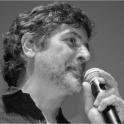

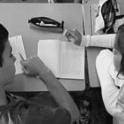
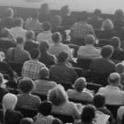
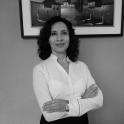


 The texts published on this website are, unless otherwise indicated, covered by the Creative Commons Spain Attribution 3.0 licence. You may copy, distribute, transmit and adapt the work, provided you attribute it (authorship, journal name, publisher) in the manner specified by the author(s) or licensor(s). The full text of the licence can be consulted here:
The texts published on this website are, unless otherwise indicated, covered by the Creative Commons Spain Attribution 3.0 licence. You may copy, distribute, transmit and adapt the work, provided you attribute it (authorship, journal name, publisher) in the manner specified by the author(s) or licensor(s). The full text of the licence can be consulted here: